Parents expect tantrums and temperament issues from 2 and 3-year-olds. But anger outbursts don’t always stop after the toddler years. In such a situation, keeping the peace while keeping your cool can be challenging.
Frustration is a normal human emotion. It’s common for parents to feel overwhelmed and irritated from time to time. However, the question is: Is it normal to feel frustrated with children?
The answer is a resounding yes!
It is perfectly normal for parents to get frustrated with their children. Children are still learning and developing, making mistakes and pushing boundaries. Their actions can challenge a parent’s patience and make it difficult to stay relaxed and composed. When faced with repeated misbehaviour or disobedience, it’s natural for parents to feel frustrated, angry, and overwhelmed.
However, frustration does not make you a bad parent. What matters is how you handle and express these feelings. Very often, parents react to their kids without considering the repercussions. Yelling, hitting, or belittling children can damage their self-esteem and cause long-term harm to the parent-child relationship. Instead, finding healthy ways to cope with frustration is vital to healthy parenting, such as taking a break (walk into a different room for a few minutes), practising deep breathing, or seeking support from a trusted friend or psychologist.
Sometimes however, despite our best efforts, we can lose our cool and snap at our children. You can use this as an opportunity to model some important life skills to your child by taking ownership for your behaviour and offering an apology. You may like to use this example script: “I’m sorry. I was feeling angry when I yelled at you. You probably felt upset when I yelled at you. I love you. The next time I feel angry, I am going to take some deep breaths to manage my big feelings”. Here you have provided an opportunity for your child to watch their parent make a mistake, apologise, problem solve and resolve an issue.
A parent’s role in managing a child’s behaviour
There are also strategies that parents can use to reduce frustration in the first place.
Establish boundaries
Establishing clear rules and boundaries, setting expectations, and communicating effectively can help control misbehaviour and reduce the chances of feeling frustrated.
Prioritise your emotional well-being
Taking care of your own emotional well-being and finding time for self-care can help you feel more resilient and well-equipped to handle the challenging demands of parenting.
Find creative ways to connect
Connecting with a high-tempered child is challenging. However, there are creative ways to connect with them. You can control their anger behaviour as well as your frustration by playing games with them, offering them praise, positive reinforcement, and acknowledgment, engaging in their favourite pastimes, offering them a judgement-free space, and using humour to uplift their mood.
Help kids put anger into words
If your child is in the middle of an outburst, figure out what’s wrong. Take time-out to remind them that they can express their feelings without inappropriate behaviours. We want to normalise the feeling but correct the behaviour “I can see you are angry right now because you can’t have your iPad and that feeling is okay, but hitting me is not. Please stop hitting me”.
Remember, just like adults, it takes time for children’s emotions to reduce. During this time, try to provide space, a calm tone, validation, and allow the emotion to dissipate before debriefing.
Take away
In conclusion, feeling frustrated with children is normal, and it’s a common experience for many parents. The key is recognising and acknowledging these feelings and finding healthy ways to cope with them. By doing so, parents can provide their children with a positive and supportive environment and build strong and meaningful relationships.




